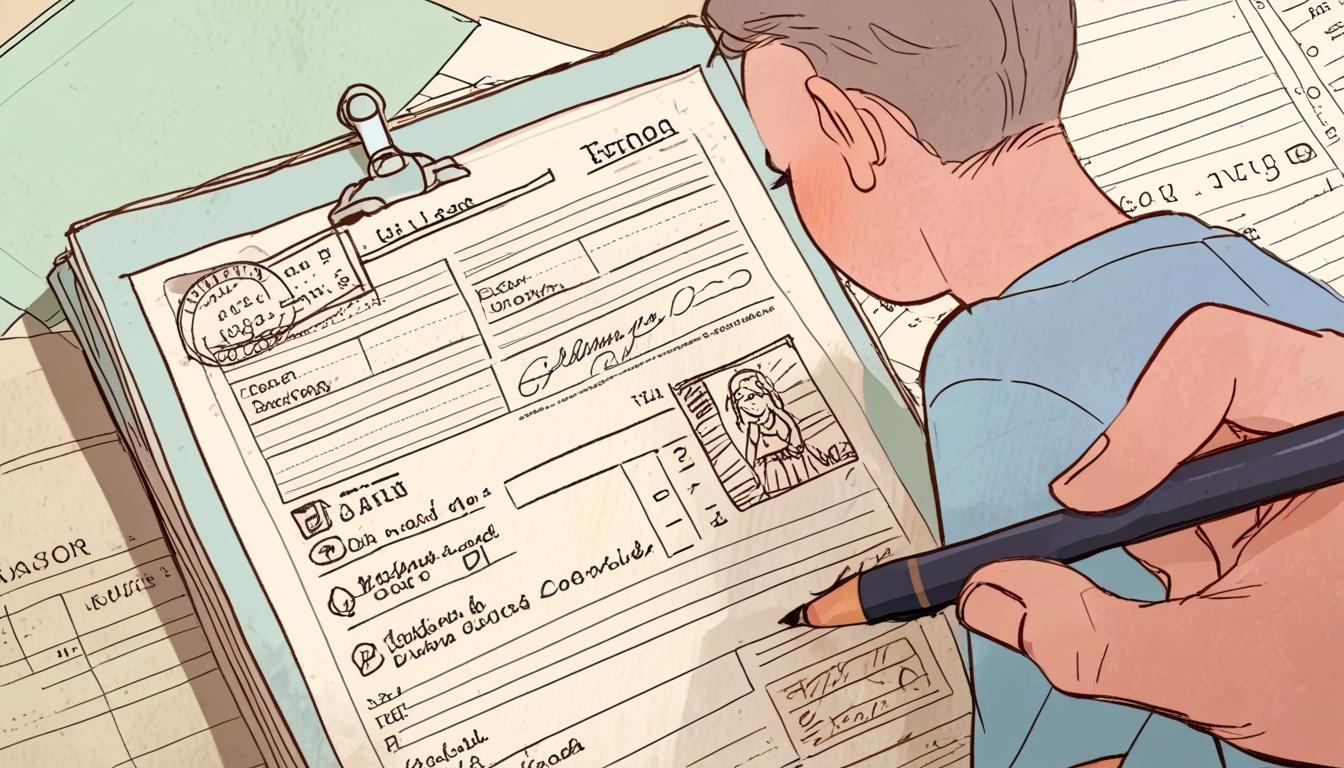In the UK, the naming of children, while generally flexible, is governed by a set of guidelines aimed at protecting children from potential ridicule, confusion, or even harm. The UK Deed Poll Office has established specific criteria regarding what constitutes acceptable names, seeking to ensure that chosen names are suitable and do not compromise a child's wellbeing.
Although there is no official list detailing every prohibited name, the frameworks in place highlight several stipulations that may disqualify a name from being registered. These include names that are derogatory, include profane language, or possess vulgar associations. Explicit content, as well as names featuring symbols, numbers, or excessive length, are also grounds for rejection. The primary goal is to avoid names that can elicit mockery or confusion, particularly in formal contexts such as health care.
Names like "Cyanide" and "Lucifer" have been specifically deemed unsuitable. The incidents surrounding these names illuminate the complexities faced by parents in their naming aspirations. For example, "Cyanide" was turned down due to its direct connection to a toxic substance, while names such as "Princess" and "King" have been rejected as they might create unrealistic expectations or confusion related to social status. These precedents illustrate the underlying intent of the naming regulations, which aim to foster a safe and supportive environment for children.
Furthermore, the Deed Poll Office has confirmed that name change applications are evaluated on a case-by-case basis. A notable court ruling arose when a mother in Wales attempted to name her twins "Cyanide" and "Preacher"; whilst "Preacher" was allowed, "Cyanide" was rejected due to its potentially harmful implications. Such cases highlight not only the legal complexities involved but also the societal expectations that parents navigate when choosing a name.
Globally, similar restrictions exist, with nations such as New Zealand and Germany applying their own limitations to protect children from harmful naming practices. New Zealand has banned names including "Lucifer" and "4Real," while Germany has refused various names associated with infamous historical figures, such as "Adolf Hitler." These international parallels underscore the cultural differences in naming conventions, where societal values play a significant role in determining acceptable names.
In the UK, if parents submit a name that is not approved, they must opt for an alternative, as key documents like birth certificates and passports are contingent on the registration of an acceptable name. This ensures that legally contentious names are avoided, mitigating potential future disputes and protecting the child's interests in formal settings.
For prospective parents considering unique names, the guidance provided by the UK Deed Poll Office is invaluable. Their recommendations aim to navigate the delicate balance between creativity and compliance with societal norms, thus helping parents select names that stand out while remaining within the bounds of legal frameworks.
As the landscape of baby naming continues to evolve, it is essential for parents to remain informed about the boundaries set forth by authorities, not only in the UK but across the globe. By doing so, they can secure names that are as meaningful as they are appropriate, fostering a positive identity for their children without the burden of undue scrutiny or ridicule.
Reference Map
- Paragraph 1, 2, 3, 5
- Paragraph 3
- Paragraph 4
- Paragraph 4
- Paragraph 4
- Paragraph 5
- Paragraph 5
Source: Noah Wire Services
